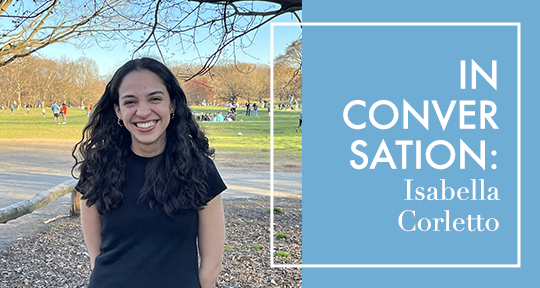This week, our Editors-at-Large bring us news of a “literary cartography” of Palestine, the most recent literary fairs and festivals in Egypt, and censorship of Latin American authors in Florida. Read on to learn more!
Carol Khoury, Editor-at-Large for Palestine and the Palestinians, reporting from Palestine
Despite the burgeoning array of literary endeavors in support of Gaza, this dispatch aims to shed light on a profoundly comprehensive initiative. Back in July 2023, when we unveiled our coverage of the podcast entitled “Country of Words,” conceived and orchestrated by Refqa Abu-Remaileh, little did we fathom the vastness of Refqa’s overarching vision under the same title.
“Country or Words: A Transnational Atlas for Palestinian Literature” was inaugurated by Stanford University in the last weeks of 2023. Rooted in the constellation paradigm within literature, this digital-born project aspires to retrace and remap the global narrative of Palestinian literature throughout the twentieth century, traversing the Arab world, Europe, North America, and Latin America. Nestled at the confluence of literary history, periodical studies, and digital humanities, “Country of Words” establishes a networked locus for the data and narrative fragments of a literature in constant motion, harmonizing porous, interrupted, disconnected, and discontinuous fragments into a resilient, open-ended literary chronicle.


